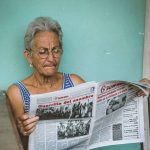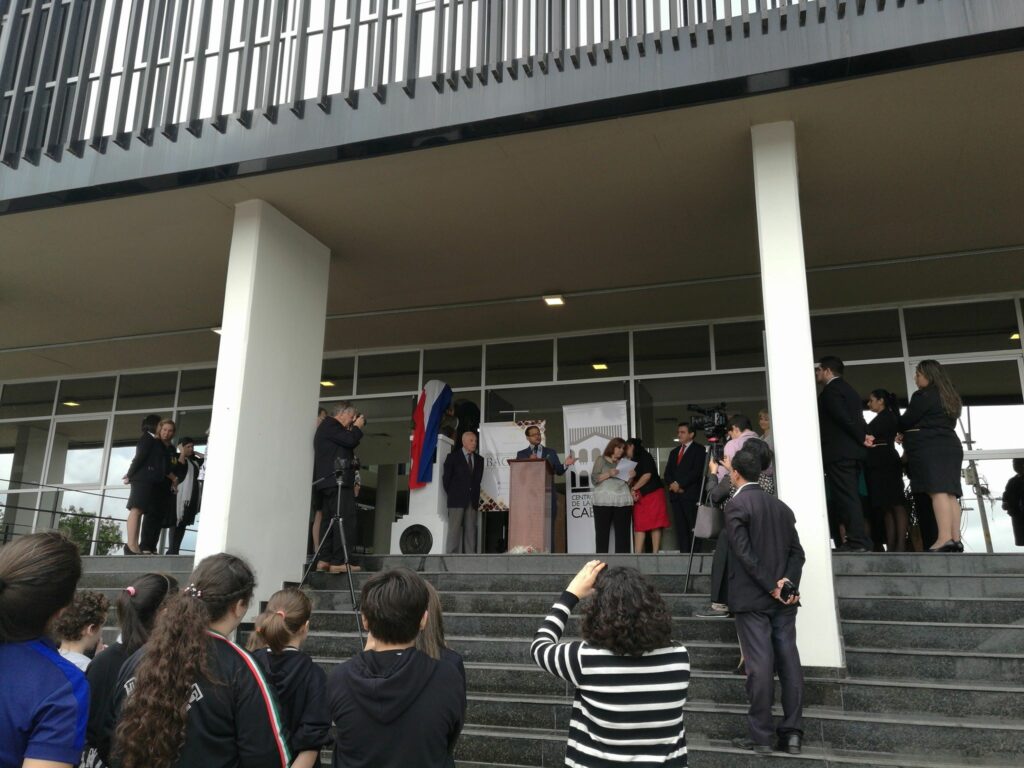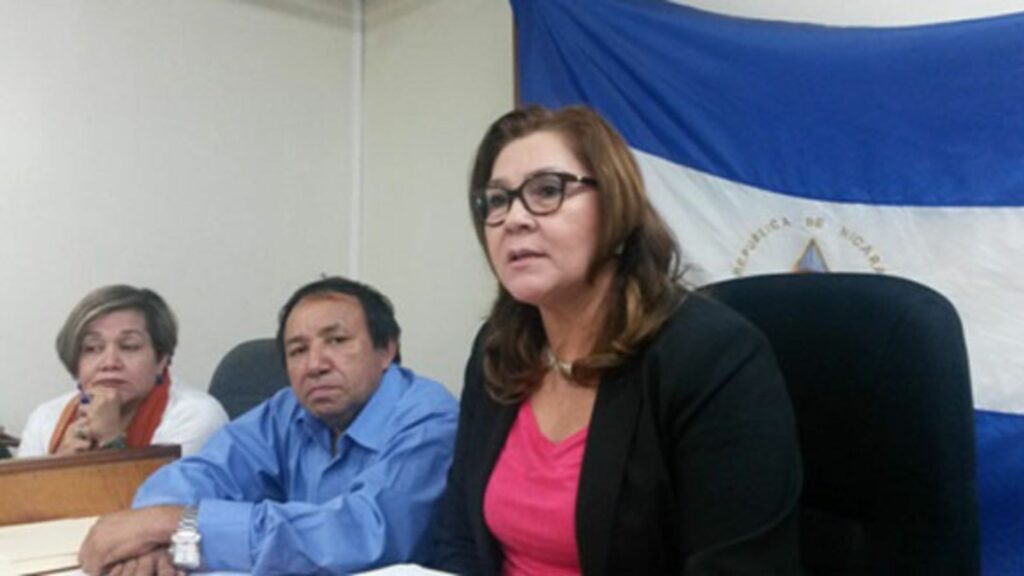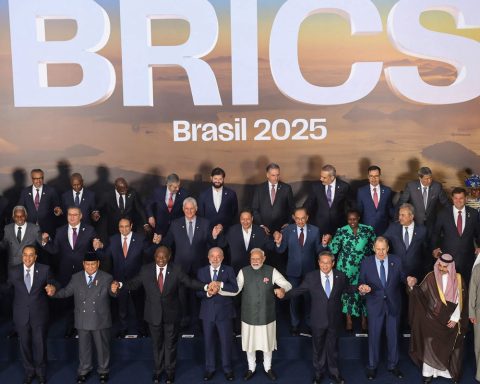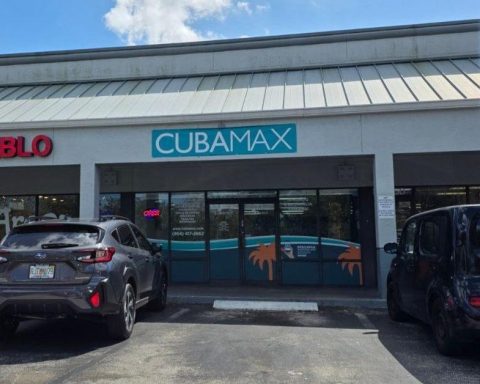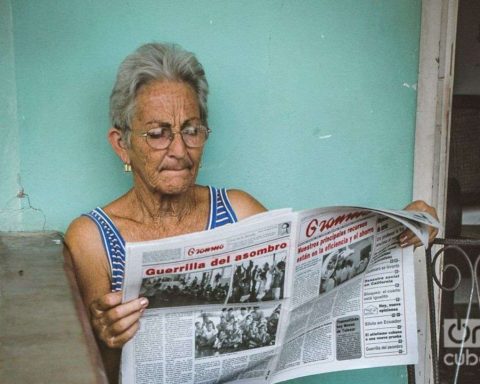RADIO PANAMA Editorial Office
Subsidies are aid, benefits or economic benefits granted by public institutions, aimed at producers or consumers (transfers), and are intended to temporarily promote the demand for certain goods or services. In the case of Panama, according to the Ministry of Economy and Finance (MEF), subsidies are classified as follows: those granted to households, to the Social Security Fund and to companies.
Next, the impact of one of its components, the liquefied gas used for cooking packaged in 25-pound cylinders, is analyzed. In this case, reference is made to the consumer sale price in the third week of June 2022. This period is considered, because in those weeks the price of a barrel of oil reached its maximum level in 2022, the equivalent of nominal prices (the value paid at the time) of crude oil in the past decade, between 2011 and 2014.
According to the Central American Hydrocarbons Cooperation Committee (CCHAC), liquefied gas in Central America, the Dominican Republic and Panama is sold in these markets in containers of different volumes. However, the 25-pound cylinder is the only one that is marketed in all the countries indicated. As highlighted in the Graph, the highest consumer price was registered in the Dominican Republic equivalent to B/.16.77, almost four times higher than in Panama. Even where it is less expensive is in Honduras, and its value (B/.9.75) doubles that of Panama.
In contrast, cylinders of 60 and 100 pounds in Panama cost 1/3 more compared to those countries that registered the lowest marketing price.
The 25-pound cylinder subsidy sets the price at B/.4.37 since 1993 (29 years ago) in accordance with Cabinet Decree 10 of March 18, 2009. In the last decade, this subsidy has represented an average expense of B/.87 million per year, registering the lowest amount in 2016 at B/.66 million, when the price of oil was lowest.
The amount allocated to the 25-pound liquefied gas subsidy, in the first years of the pandemic, remained at similar margins to previous years, but the total value of the set of subsidies aimed at households doubled in 2020 to B/.1,981 million, and in 2021 it reached B/.2,312 million, by granting new aid to families as a result of the pandemic.
The objectives of the subsidies is to improve the living conditions of households and stimulate business investment, especially in times of crisis. However, they are financed with resources from the central government, as a result of tax collection, national savings, loans and currency issuance in countries with central banks. Increases in public spending generate pressure on public finances, which entails transferring resources that were intended to cover other activities.



